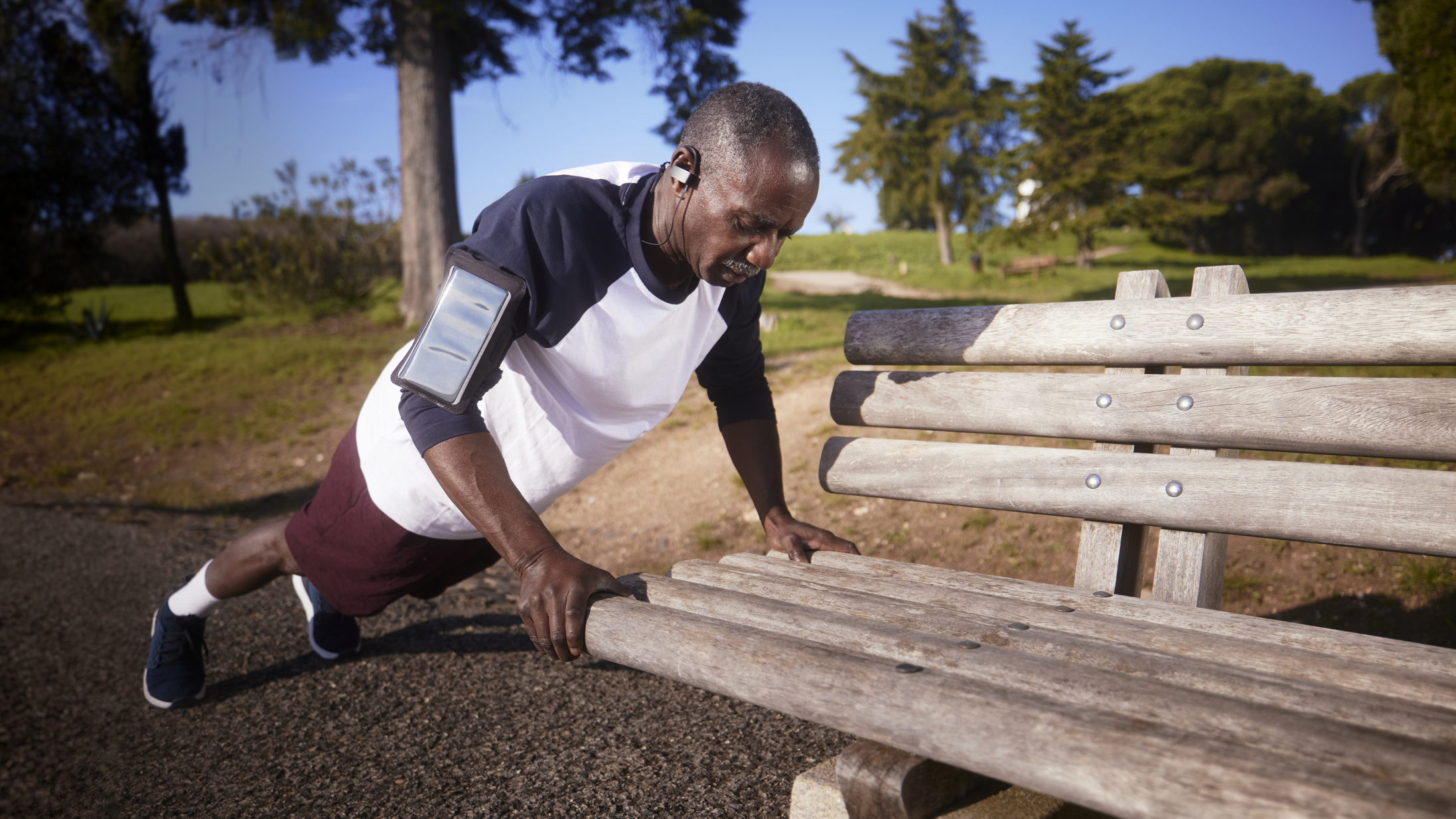Exercise late in life can help you live longer, Harvard scientists suggest
Physical activity shifts energy away from health-compromising processes and toward mechanisms in the body that extend it


Hopefully, no one needs to be told that exercise is good for your health. However, Harvard University researchers suggest that physical activity later in life can help you stay alive for longer as it shifts energy away from processes that can compromise health and toward mechanisms in the body that extend it.
In a recent research paper published in PNAS called The active grandparent hypothesis: Physical activity and the evolution of extended human healthspans and lifespans (via ScienceDaily), a team of evolutionary biologists hypothesised that humans actually evolved to remain physically active as they age. No rest for the wicked!
By staying active in their golden years, the bodies of ageing individuals shift energy towards processes that slow the body's gradual deterioration over the years. This process could protect people against chronic illnesses such as cardiovascular disease, type 2 diabetes, and even cancers.
Ape escape
The researchers started off by looking at apes and found that they usually live "only about 35 to 40 years in the wild and rarely survive past menopause." Not just that but these animals spend a lot of their days sitting, digesting food, an activity (or the lack thereof) that can have a negative impact on a creature's lifespan.
In contrast, contemporary hunter-gatherer tribes "average about 135 minutes of moderate to vigorous physical activity a day", the researchers claim, which is about six to ten times more than how much an average American moves around in a day.
High physical activity might be the key to understanding how hunter-gatherers – the ones who survive childhood anyway – tend to live about seven decades, way beyond an age at which humans generally stop having children.
As explained by ScienceDaily, "The paper shows that besides burning calories, physical activity is physiologically stressful, causing damage to the body at the molecular, cellular, and tissue levels. The body's response to this damage, however, is essentially to build back stronger."
Get all the latest news, reviews, deals and buying guides on gorgeous tech, home and active products from the T3 experts
Be (p)repaired
This might sound familiar to people who know how the muscle-building process works. When you lift heavy weights, microscopic tears appear in the muscle fibre that get patched up by the body using dietary protein. The actual process is more complicated than this but essentially, the body responds to external pressure by changing its physical structure to be ready for when the stress happens again.
The repair process doesn't stop at muscle fibres either. "It can also help repair cartilage damage and healing microfracture as well as the release of exercise-related antioxidants, anti-inflammatories and enhances blood flow", the research notes.
"The key is to do something, and to try to make it enjoyable so you'll keep doing it," Lieberman says, "The good news is that you don't need to be as active as a hunter-gatherer. Even small amounts of physical activity -- just 10 or 20 minutes a day -- substantially lower your risk of mortality."
If you're interested in how to stay fit over 40, make sure you read our article on the topic and here is an over 50 dumbbell workout from the Queen of Biceps herself! We also have guides about how to gain weight naturally and how to build muscle the right way. In case you're interested.

Matt Kollat is a journalist and content creator for T3.com and T3 Magazine, where he works as Active Editor. His areas of expertise include wearables, drones, action cameras, fitness equipment, nutrition and outdoor gear. He joined T3 in 2019.
His work has also appeared on TechRadar and Fit&Well, and he has collaborated with creators such as Garage Gym Reviews. Matt has served as a judge for multiple industry awards, including the ESSNAwards. When he isn’t running, cycling or testing new kit, he’s usually roaming the countryside with a camera or experimenting with new audio and video gear.